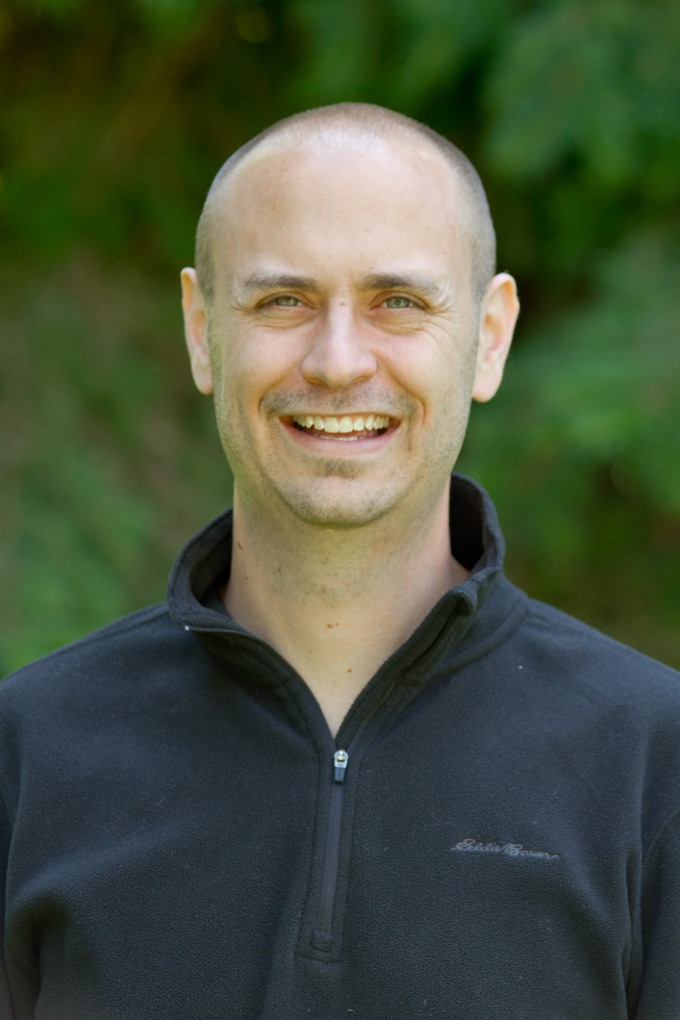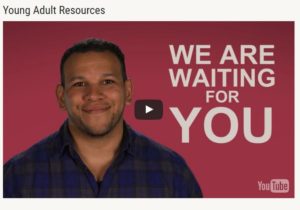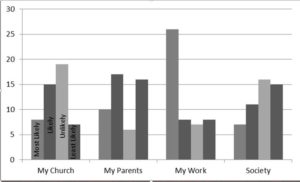As someone who has taught thousands of Sunday School and bible studies, I know how a good curriculum can make or break an evening. When I launched a small group for emerging adults, it was difficult to find something that was both age appropriate and well-written. There is currently not a huge selection targeted to young adults, but I believe the number will grow as churches realize the unique challenges facing emerging adults.
As you work to make a curriculum work for you, here are some thoughts to help you.
Remember that curriculum is never a finished product. If your first look at the curriculum is while you are opening your group in prayer (I might know from previous experience.), then you are in trouble. Curriculum is a tool to help you craft your lesson. Never present curriculum to your group, but use curriculum as a tool to create something crafted specifically for your community.
Become a student of emerging adults. If you already possess a knowledge of the characteristics and challenges of emerging adulthood, then you can take any curriculum designed for adults, and use it for your group. If the rest of the church is doing a specific bible study together, then include your group. Using the same curriculum, can build bridges between emerging adults and the rest of the congregation.
Learn to ask great questions. Asking great questions doesn’t happen naturally, but takes time and skill. Asking the wrong question can leave the group silent and afraid to speak. Asking a great question can lead members of your group to share their knowledge, offer a different perspective, share from their personal journey, or demonstrate how to apply the lesson to their lives. If I were training a new small group leader, I would rather see a page full of great questions than pages of notes. Emerging adults want to participate in the group rather than be silent observers. Great questions are a pathway to participation.
Regularly ask your community what curriculum or studies have worked, and what has not worked. Your group members have an opinion, and likely are not afraid to share it. Each group is unique, and rather than mass-market Christianity, they may need something that speaks to your particular community.
Ask yourself the question, “What interests me?” Passion (or a lack thereof) within the teacher always comes out. If you are bored, then how do you expect others to pay attention?
Here is a list of curriculum for emerging adults.
If you know of additional resources, please contact me at gdavid@earesources.org.
 Dr. G. David Boyd is the Founder and Managing Director of EA Resources and the EA Network. If he can equip your community to minister to emerging adults, contact him at www.earesources.org.
Dr. G. David Boyd is the Founder and Managing Director of EA Resources and the EA Network. If he can equip your community to minister to emerging adults, contact him at www.earesources.org.









 Dr. G. David Boyd is the Founder and Managing Director of EA Resources, a non-profit designed to equip parents and churches to minister to the needs of emerging adults.
Dr. G. David Boyd is the Founder and Managing Director of EA Resources, a non-profit designed to equip parents and churches to minister to the needs of emerging adults.










